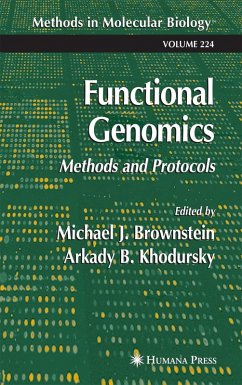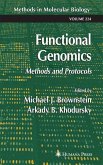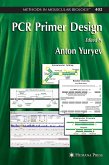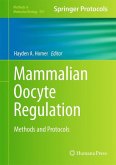This collection of robust, readily reproducible methods for microarray-based studies includes expert guidance in the optimal data analysis and informatics. On the methods side are proven techniques for monitoring subcellular RNA localization en masse, for mapping chromosomes at the resolution of a single gene, and for surveying the steady-state genome-wide distribution of DNA binding proteins in vivo. For those workers dealing with massive data sets, the book discusses the methodological aspects of data analysis and informatics in the design of microarray experiments, the choice of test statistic, and the assessment of observational significance, data reduction, and clustering. As high-throughput methods become more available and routine, experimentalists and theoreticians must be prepared to take advantage of the analytical power these methods offer. In Functional Genomics: Methods and Protocols, leading experimentalists-many pioneers in the field-describe in step-by-step detailrobust methods for microarray-based studies and provide expert guidance in optimal data analysis and informatics. Drawing on insights derived from their long experience in biology, neurobiology, cell biology, molecular biology, and statistics, the authors review each of the key methods and analytical techniques used in functional genomics. On the methods side, this includes proven techniques for monitoring subcellular RNA localization en masse, for mapping chromosomes at the resolution of a single gene, and for surveying the steady-state genome-wide distribution of DNA binding proteins in vivo. For those workers dealing with massive data sets, the book discusses the methodological aspects of data analysis and informatics in the design of microarray experiments, the choice of test statistic, and the assessment of observational significance, data reduction, and clustering. Additional chapters outline the many available approaches to data visualization and storage so crucial to the successful mining and examination of experimental results.
Timely and cutting-edge, Functional Genomics: Methods and Protocols offers novice and advanced investigators in all biological fields a collection of highly practical, readily reproducible methods, data analysis techniques, and experimental design criteria that will ensure safe passage through one of the most demanding and fastest growing fields today.
Timely and cutting-edge, Functional Genomics: Methods and Protocols offers novice and advanced investigators in all biological fields a collection of highly practical, readily reproducible methods, data analysis techniques, and experimental design criteria that will ensure safe passage through one of the most demanding and fastest growing fields today.








